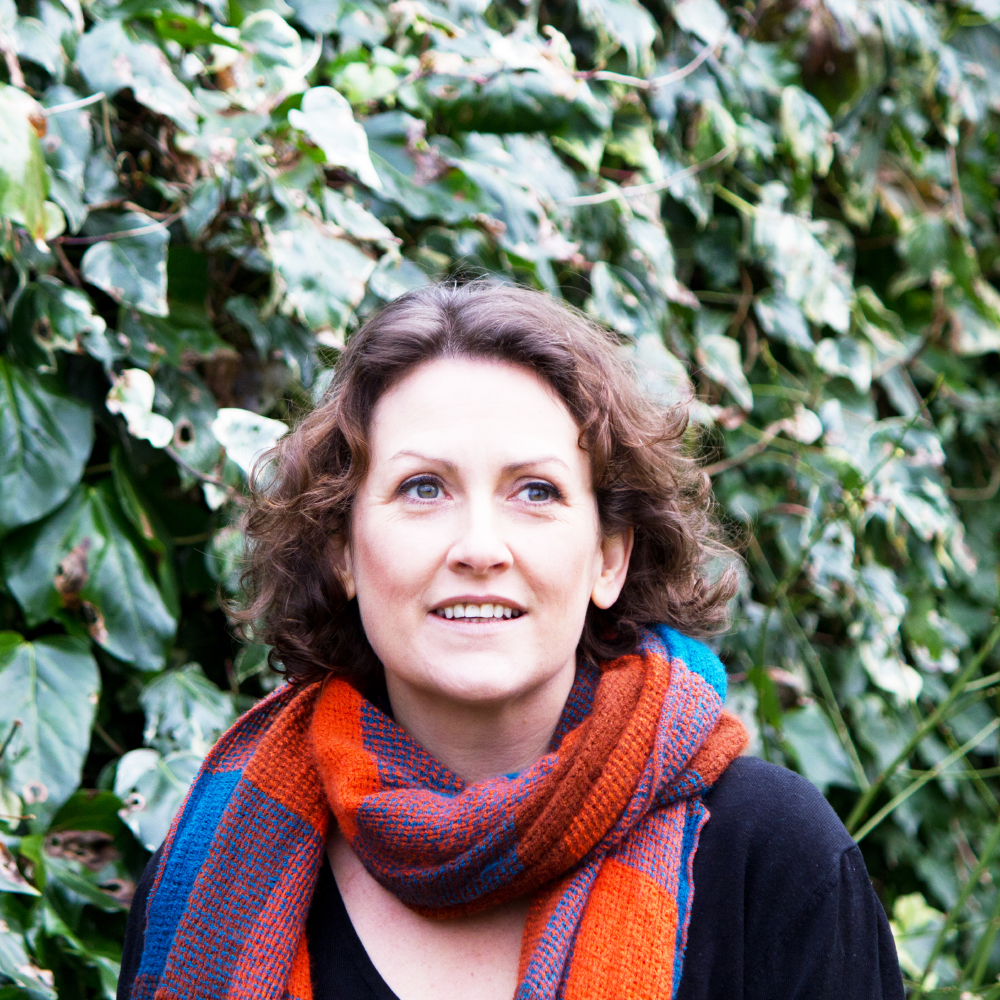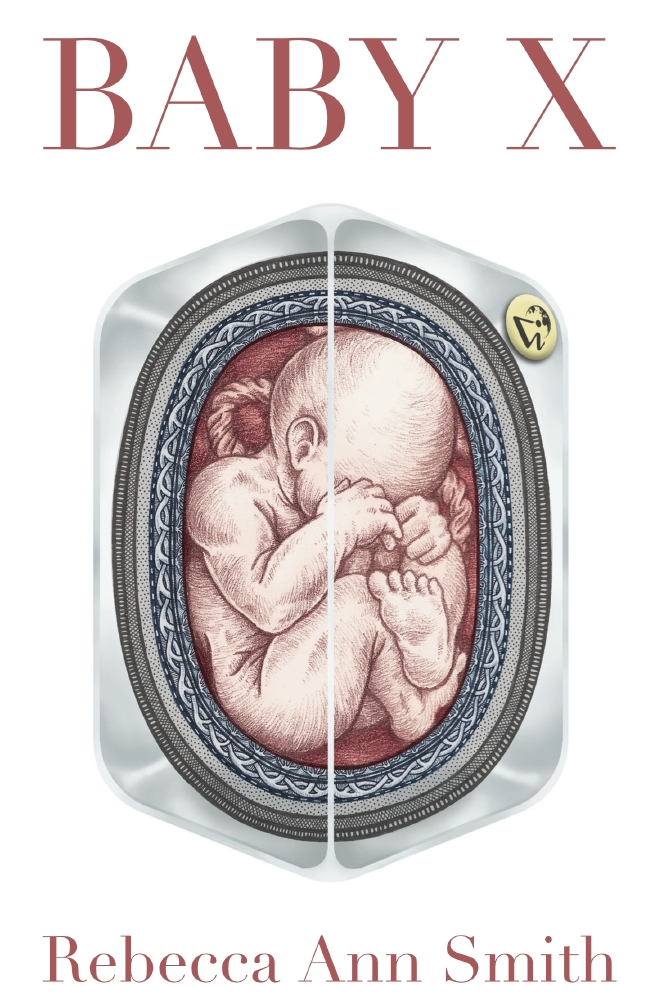As Mother’s Day approaches, Female First speaks to the author of the thought provoking novel Baby X about the reality of Motherless births and what they could mean for women.

Rebecca Ann Smith
What if it was possible to grow a baby outside of the human body?
It might sound like science fiction but this science is real. A team of scientists in Japan have been gestating goat embryos in tanks of amniotic fluid, hoping this research will one day save premature babies. Another team in the United States have been growing mouse embryos in artificial wombs, hoping to one day help infertile couples. They’ve also grown a human embryo for 10 days in an artificial uterus (and only stopped there because regulations prevent experiments on human embryos beyond 14 days). Some people are suggesting this technology will be available within 20 years and will be widely used around the world in just 30 years time.
What will this mean for women?
Some women hate the idea and feel we could lose out by giving up our traditional role growing and raising babies. Others might prefer to avoid the inconvenience and disruption of pregnancy and birth, not to mention the health risks involved. It doesn’t take much imagination to see the potential benefits: as a medical treatment for infertile couples, or as life support for babies born prematurely. But if this technology was available, would all babies eventually be born this way? What could this mean for women in the workplace? Could artificial womb technology finally bring an end to the glass ceiling? And what about families? If women no longer have to carry and give birth to babies, will men and women become more equal? But being a mum isn’t just about carrying a child or giving birth. Some mums don’t do this – adoptive mothers, for example – but they are still mums.
The idea of an artificial uterus makes the reader question what it means to be a mother. What are your views as the author?
As a novelist, I’m interested in the questions raised by new technologies, especially if those technologies could change important aspects of our lives and our relationships. My first novel, Baby X, explores some of these issues. It’s a thriller about a baby grown in an artificial uterus and the scientist responsible for looking after him. In the story things go wrong, of course - it’s a thriller after all! But I’m not opposed to developments in fertility treatment. I think women should have choices about how – and if – they give birth. In general I think society is much too judgemental about the choices women make. Baby X is a non-judgemental look at what artificial uterus technology could mean for women, with a lot of heart and some plot twists thrown in for good measure. The perfect present for Mother’s Day, perhaps?

Rebecca Ann Smith is the author of Baby X, tweets @beckysmithhurst and blogs at: www.rebeccaannsmith.co.uk
Baby X is published by Mother’s Milk Books, RRP. £8.99 and is available to buy now

